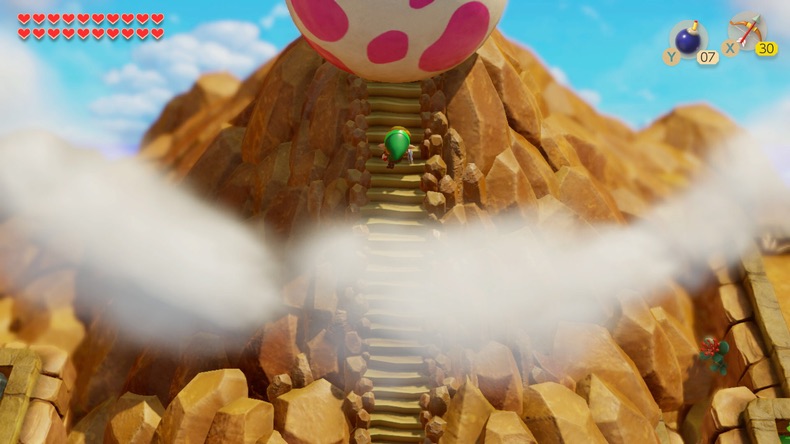I just recently wrote about how we're in the middle of a retro gaming renaissance, and I believe it. Whether you've never played some of the classics and are picking them up for the first time or if you're just feeling nostalgic, the choices are better than ever.
The problem is, those old games aren't the only thing companies are trying to sell us again. In fact, it seems that companies are trying to get us to buy games a second time when they're just a few years old.
Remake, Remaster, Recycle
Before we dive in anymore, let's look at the difference between remakes and remasters. A remake usually at least includes some redone art and will often introduce new or reworked gameplay elements. The very best remakes remind you of why you loved a game in the first place while still feeling very much like their own game.
Remasters, as with remastered films or albums, usually just have increased fidelity. This can and usually does mean higher supported resolutions, but can also include higher-definition textures and other elements. More often than not, these are just the same game over again, but on a new platform or with a new coat of paint.
This has been happening everywhere, across all major console manufacturers and PC developers. Even Nintendo, normally known for its creativity, has been leaning into remakes as of late.
Are All Recycled Games Bad?
Nothing is wrong with recycling games, especially if you're talking about remakes. Though it might have been a disappointing announcement compared to a brand-new Zelda game, Zelda: Link's Awakening is a good example of how to do a remake right. It looks like a brand new game, and there are plenty of gamers who never played the original on the Game Boy.
With remasters, things are different. It's difficult to get excited about a game you've already played, just now in 1080p instead of upscaled 540p. There is one key differentiator here: When a game was released on an unpopular platform, a remaster can be nice.

That's why playing Bayonetta 2 or Mario Kart 8 Deluxeon the Switch is so nice. These games were originally released on the Wii U, which wasn't nearly as popular as its predecessor. These are better played late than never.
Though we often don't refer to them as remasters, collections of older games are another great example. Even if you had a Sega Genesis or SNES back in the day, do you have it handy? Probably not. That's why I'm such a fan of retro game collections.
Who Wins With Remakes and Remasters?
There are no absolute winners and losers when it comes to remakes and remasters. If you've never played a game in the first place, a remastered version gives you a chance to play it in the highest possible fidelity.
Remakes are similar. Capcom's Resident Evil 2 remake was a massive success, and you'll be hard pressed to find anyone who minds that it was a remake. The key factor is that it was a well-made remake.
Remakes and remasters aren't just the product of greedy companies trying to pull one over on hapless gamers. Making games is difficult and expensive. While remakes or remasters aren't free to make, they certainly don't require the same resources that creating a new game from scratch would. They're also proven to sell, which you can't say about a brand new IP.
Not Looking Forward to More of the Same
Companies also rely on remasters as a half-step on to new consoles. Remastering a game lets developers learn the console hardware while working on a known project. Then when it comes time to create a new game, they're already familiar.
Keep this in mind in the near future. As the PlayStation 5 and next-generation Xbox are released, you can be sure we'll see a fair amount of games that seem awfully familiar.
